Burundian President Évariste Ndayishimiye on Thursday celebrated two decades since the ruling CNDD-FDD party assumed power, praising its role in restoring stability after a decade-long civil war, while also taking aim at civil society organizations, media regulator, and internal party dissent.
Speaking during commemorations in the political capital, Gitega, Ndayishimiye reflected on what he called the party’s “difficult political journey,” citing poverty, ethnic divisions, authoritarianism, and international isolation as major challenges it had overcome.
“Burundi was once a country without hope,” Ndayishimiye said. “By 2005, the country had collapsed after a ten-year war that destroyed homes and schools. CNDD-FDD inherited a nation in ruins and helped lift it from despair.”
He credited the ruling party with restoring security and social progress, claiming that hunger and extreme poverty had significantly declined.
“Today there are no more grass-thatched huts, no more kwashiorkor,” he said, adding that Burundians had moved beyond ethnic and political divisions.
The President criticized the Arusha Peace Accords, saying some politicians had exploited the agreement for personal gain rather than prioritizing citizens’ needs.
“They believed that dividing state positions among themselves would bring peace, forgetting the people,” he said.
Ndayishimiye also accused civil society groups and sections of the media of undermining the government by acting as a so-called “fourth power.”
“Anyone who failed to win a political seat hid behind civil society,” he claimed, further accusing some organizations of lobbying the United Nations against the government.
While highlighting external challenges, Ndayishimiye admitted the ruling party faced internal threats, accusing some members of attempting to seize control through financial influence.
“These people had money but no loyalty,” he said, alleging their involvement in the failed 2015 coup attempt.
The President emphasized the government’s efforts to sustain the economy despite the suspension of international aid in 2015.
“We no longer rely on former colonizers. They said they would no longer assist us, and we decided to manage on our own,” Ndayishimiye said, adding that Burundi operates without budgetary aid.
Ndayishimiye weighed in on a growing media freedom controversy after the national media regulator (CNC) barred local outlets from jointly broadcasting a program on Burundi’s fuel crisis.
“I heard it was forbidden to say there was a shortage of fuel,” he said. “But people should speak openly so that solutions can be found.”
In recent days, several media organizations — including Isanganiro, Bonesha, Rema FM, Shima FM, Agaseka, and Remeshamahoro — were blocked from producing a joint broadcast on the shortage’s impact. CNC defended its decision, claiming the topic had been extensively covered, while journalists denounced the move as a restriction on press freedom.
The President concluded by warning newly appointed government officials against corruption and misuse of public funds.
“No one should think being a cadre guarantees wealth,” he said. “We must create wealth, not destroy it.”

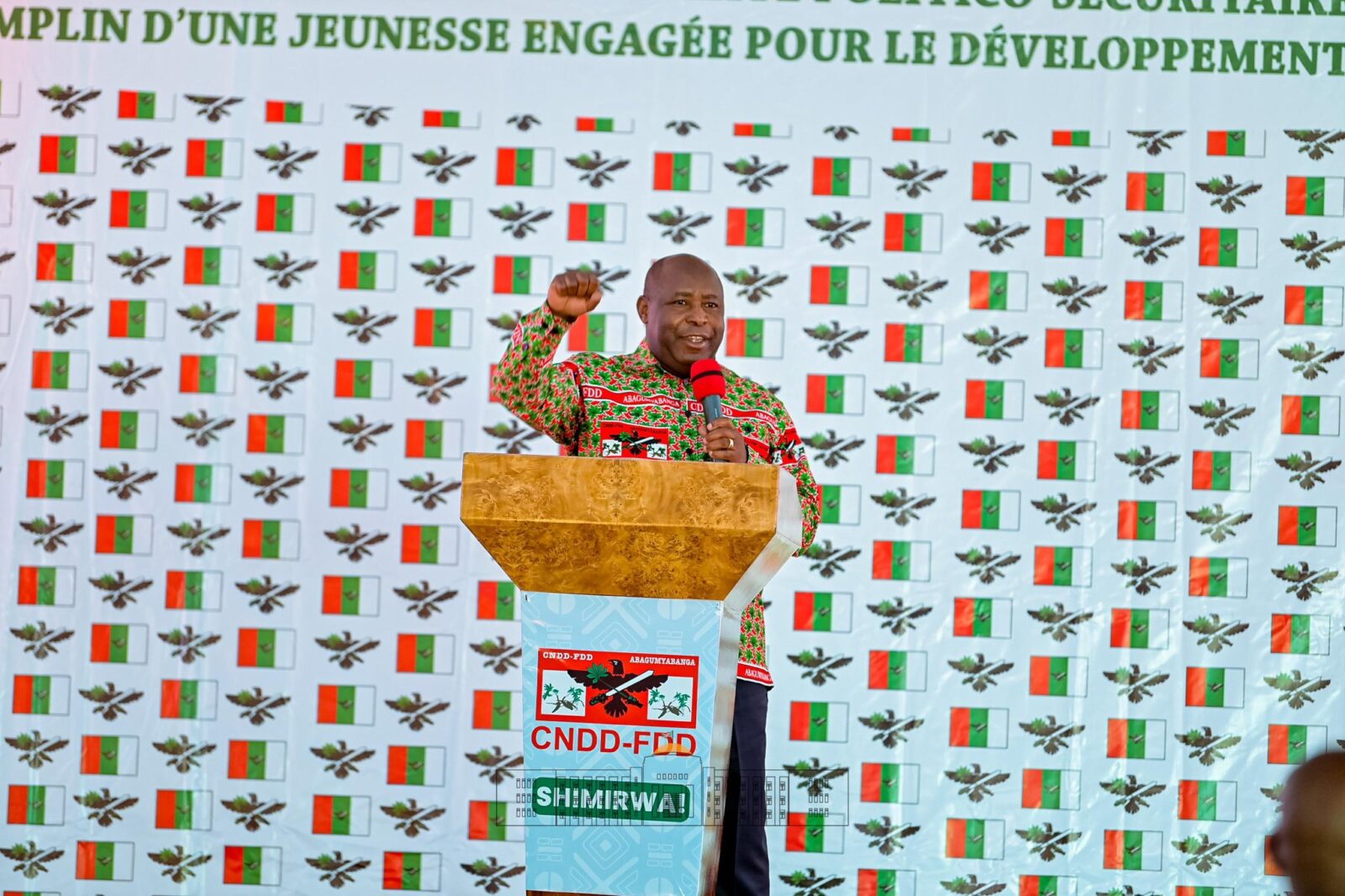
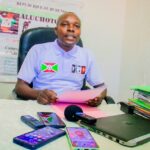
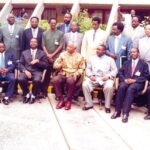
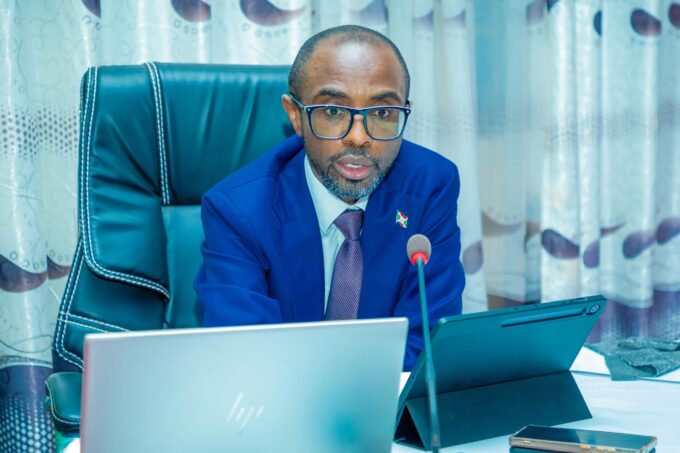
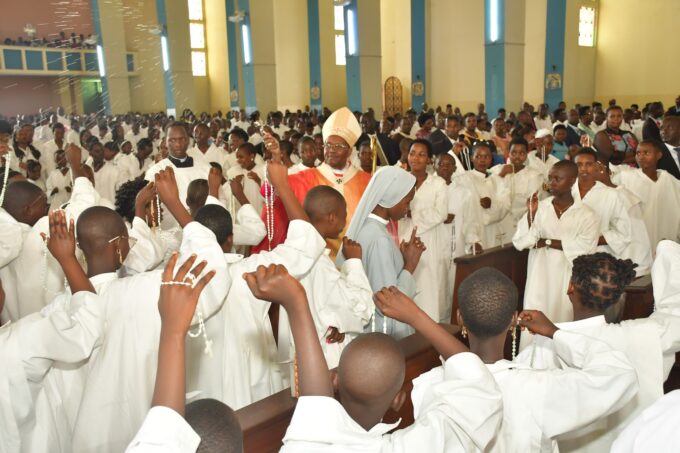
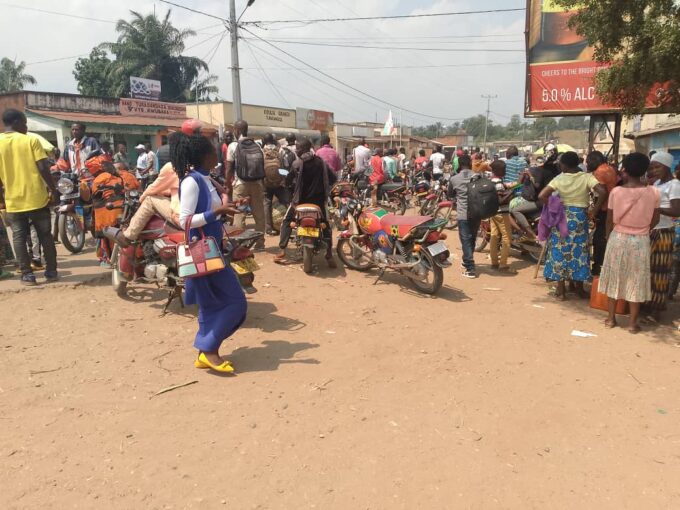
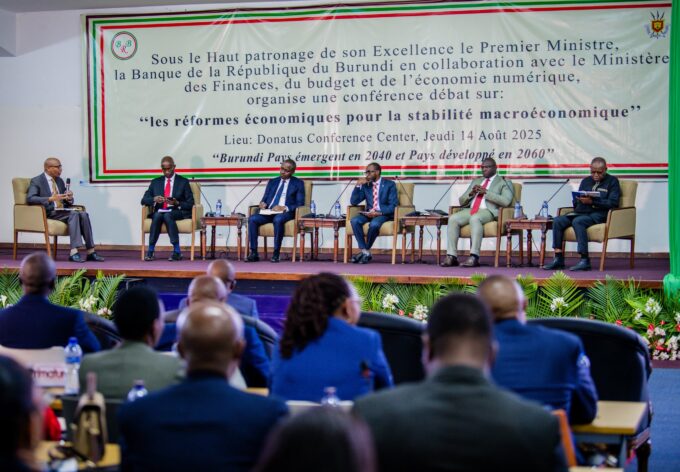
Leave a comment